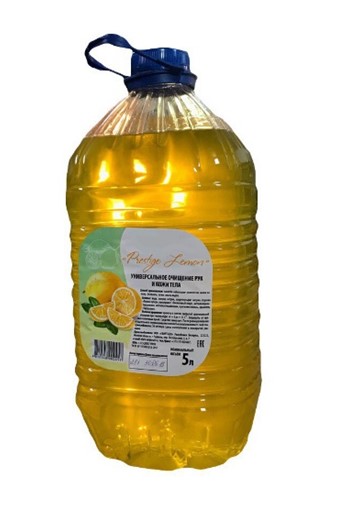Reuters learned that the EU failed to agree on an oil embargo

On the eve of the EU summit, the EU governments failed to reach an agreement on an oil embargo against RUSSIA. This was reported to REUTERS by an EU official.
According to him, the sanctions being discussed by the EU include a ban on the supply of Russian oil by sea until the end of the year, but provide for an exception for oil supplied through the Russian Druzhba pipeline. The interlocutor of the agency indicated that discussions will continue tomorrow.
According to BLOOMBERG sources, it was Hungary that refused to support the compromise, despite the exception for the Druzhba oil pipeline. At the same time, an EU representative told the agency that a deal with Budapest "is still possible in the coming days."
www. 00:00 Advertisement 00:00 00:The Druzhba oil pipeline was built in the 1960s. It follows from Samara to Mozyr (Gomel region of Belarus), after which it is divided into two branches - northern and southern. The first goes through the territory of Belarus, Poland, Germany, Latvia and Lithuania, the second - through the territory of Ukraine, the Czech Republic, Slovakia, Hungary and Croatia. The total length of the pipelines is 8900 km.
A TASS source said that the EU summit will also discuss the issue of legalizing the confiscation of Russian assets in the jurisdiction of the European Union.
Bloomberg learned about the possibility of excluding the Druzhba oil pipeline from sanctions Economics
The EU authorities are preparing the sixth package of sanctions against Russia since May. Previously, it was supposed to include a complete ban on the import of Russian oil to the EU. New sanctions must be agreed upon by all member countries of the union, but the oil embargo was opposed, in particular, by Slovakia and Hungary, and the latter blocked the consideration of the issue of sanctions during the vote on May 8.
What awaits the industry Pro Articles The self-employment market will grow. Perhaps, to get rid of perfectionism Articles Pro Coronovirus vaccine sales will fall. How Pfizer Will Grow ArticlesHungarian Foreign Minister Peter Szijjártó said his country would like the ban not to apply to crude oil imports via pipelines. The Hungarian Foreign Ministry also pointed out that 85% of all gas consumed in Hungary and 65% of oil are supplied from Russia, which "cannot be replaced overnight." Brussels has crossed a red line with the embargo proposal, Prime Minister Viktor Orban said, and it will take years to rebuild the country's energy sector.
See also EU and Britain disagree on sanctions against Russian energy carriers 00:45
The press secretary of the President of Russia Dmitry Peskov, speaking about the possible refusal of the EU from Russian oil, warned that this decision would "hit everyone." According to Russian Deputy Prime Minister Alexander Novak, in the event of a ban, world oil prices could jump to $300 per barrel. If that happens, Russia will expand its maritime supplies, despite the fact that the country has already begun to redirect flows from west to east, to Asian markets, he said.
Read together with it:
- Уругвай намерен возобновить экспорт мяса в МексикуОб этом глава министерства заявил в интервью агентству EFE после поездки в страну, на которую в 2024 году пришлось 3% экспорта уругвайских товаров, где он провел встречи с представителями различных органов власти в Мехико, Агуаскальентесе и Керетаро. Фратти объясняет, что «никогда не было очень значительной торговли» уругвайским мясом с Мексикой, но напоминает, что в последние годы проводились нек...
- Analysts reported a drop in Russian oil shipments to India.In November, Russian oil shipments to India fell by 66% compared to the previous month due to "logistics tactics" that importers resorted to in anticipation of sanctions, ET reports. Moscow considers the measures illegal.Russian oil shipments to India fell 66% from November 1 to 17 compared to the same period the previous month, according to The Economic Times (ET), citing a report from analytics ...
- The Russian-Serbian NIS has requested permission from the US to operate under sanctions.NIS has requested permission from the US Treasury Department to conduct operations while negotiations on a change in ownership structure are ongoing. Washington is demanding Russia's withdrawal from NIS. Serbian authorities have warned that NIS will be unable to operate without this license.Serbia's state-owned oil company (Naftna Industrija Srbije, NIS) has requested permission from the United St...
- Bloomberg узнал, как санкции снизили закупки Китаем российской нефтиПо оценке Rystad Energy AS, китайский импорт российской нефти морем может сократиться на 500–800 тыс. баррелей в день, что составляет две трети обычного уровня Общий объем импорта российской нефти в Китай снизился на две трети из-за санкций США, сообщает BLOOMBERG. По его данным, крупные государственные нефтеперерабатывающие компании приостановили закупки нефти марки ESPO, которая составляет основ...






























































